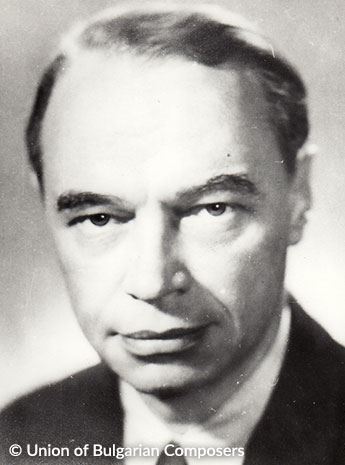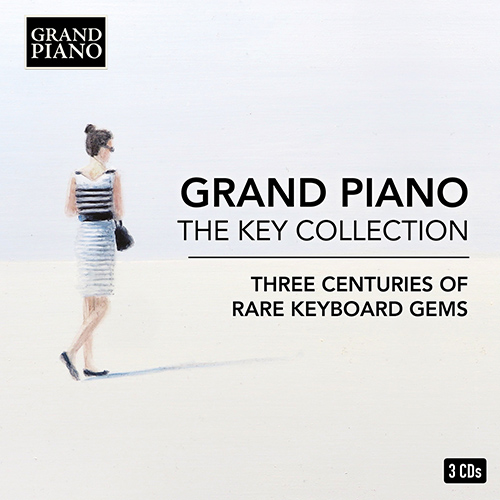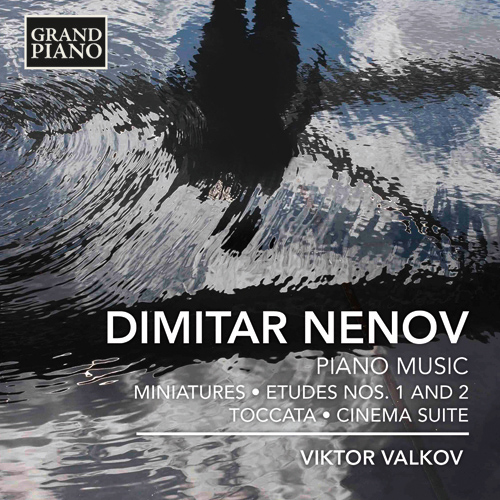
Dimitar Nenov (1902 - 1953)
Dimitar Nenov was undoubtedly one of the leading figures in Bulgarian classical music from the first half of the twentieth century. A brilliant pianist, composer, and architect, he was a crucial figure for the generation of composers that came after him. It was this group of composers that formed the Bulgarian avant-garde of the 1950s and 1960s.
Born in Razgrad in 1901, Nenov took piano lessons as a child, and in adolescence studied with Andrey Stoyanov. In 1920 he went to Dresden and enrolled simultaneously at the Technische Hochschule in architecture, and at the Dresden Conservatoire in piano, theory, and composition. Upon graduation from the Hochschule in 1927, Nenov returned to Bulgaria, and in the next several years worked as an architect in various capacities. In the early 1930s he began to concentrate his creative efforts exclusively on music, and in 1931 he went to study for six months with Egon Petri in Zakopane, Poland. During the next year he was awarded a diploma in music from Bologna, and between 1933 and 1943 he directed a private conservatoire in Sofia. In 1943, already a well-established pianist, pedagogue, and composer, he assumed a full-time professorship in piano at the State Academy of Music in Sofia.
Dimitar Nenov expressed a vivid interest in composition quite early in his life, and by the age of 25 he had already written one symphony, two piano sonatas (one unfortunately lost), a sonata for violin and piano, and several smaller compositions, some for solo piano and some for orchestra. It is important to note that the nascent classical style of the first generation of Bulgarian composers was folklore-based, combining native melodic material with Western European nineteenth-century tonal practices. In contrast, Nenov, as a member of the second generation, wrote his early works in an unusually ‘international’ style which is quite dissonant even to twenty-first-century listeners. The musical environment of Dresden in the 1920s probably influenced these works, but they also exhibit a definite personal style and sound that Nenov was to develop and crystallise throughout the rest of his life.



 Grand Piano has gained a reputation for producing high quality recordings of rare keyboard gems. Dedicated to the exploration of undiscovered piano repertoire, the label specialises in complete cycles of piano works by many lesser-known composers, whose output might otherwise have remained unknown and unrecorded.
Grand Piano has gained a reputation for producing high quality recordings of rare keyboard gems. Dedicated to the exploration of undiscovered piano repertoire, the label specialises in complete cycles of piano works by many lesser-known composers, whose output might otherwise have remained unknown and unrecorded.






